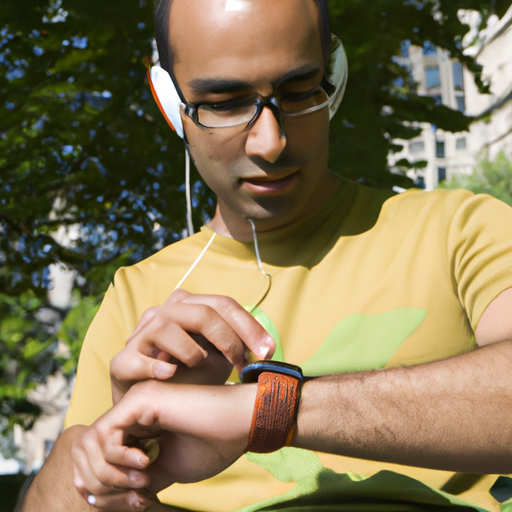In recent years, wearable technology has become a significant part of our daily lives. From smartwatches to fitness trackers, these devices are designed to enhance our everyday experiences, making them smarter and more connected. But what exactly is wearable technology, and how is it shaping the future?
What is Wearable Technology?
Wearable technology refers to electronic devices that can be worn on the body. These gadgets often incorporate sensors and software to collect data or provide enhanced functionality. Common examples include:
- Fitness Trackers: Devices like the Fitbit monitor activities, heart rate, and sleep patterns.
- Smartwatches: Gadgets like the Apple Watch allow users to receive notifications, track health metrics, and even make phone calls.
- Health Monitoring Devices: Wearable ECG monitors and glucose monitors track vital health information and alert users to potential issues.
The Evolution of Wearable Technology
The journey of wearable technology began with simple pedometers and has now evolved into sophisticated smart devices that can track various health metrics. Major tech companies are investing heavily in this market, leading to rapid advancements.
For example, many smartwatches now feature advanced health monitoring capabilities like heart rate variability, ECG readings, and even oxygen saturation levels. These technologies empower users to take charge of their health.
Benefits of Wearable Technology
One of the primary advantages of wearing technology is its potential to improve health and wellness. Here are some benefits:
- Health Monitoring: Wearables can provide real-time data about your health, enabling prompt decision-making.
- Increased Physical Activity: Many fitness trackers motivate users to stay active through reminders and activity tracking.
- Personalized Insights: Wearable devices can analyze data and offer personalized recommendations to enhance well-being.
Challenges and Considerations
Despite the numerous benefits, there are challenges that come with wearable technology, including:
- Data Privacy: With the collection of personal health data, there are concerns regarding privacy and security.
- Accuracy: The reliability of health data can vary between devices, leading to potential misinformation.
The Future of Wearable Technology
Looking forward, wearable technology is poised for even greater advancements. We can expect to see:
- Integration with AI: Artificial Intelligence can enhance data analysis, providing smarter insights.
- Enhanced Connectivity: With the growth of 5G, wearables will become even more interconnected and capable.
In conclusion, wearable technology has transformed our understanding of health and fitness. As advancements continue, these devices will likely become indispensable tools in our daily lives.




